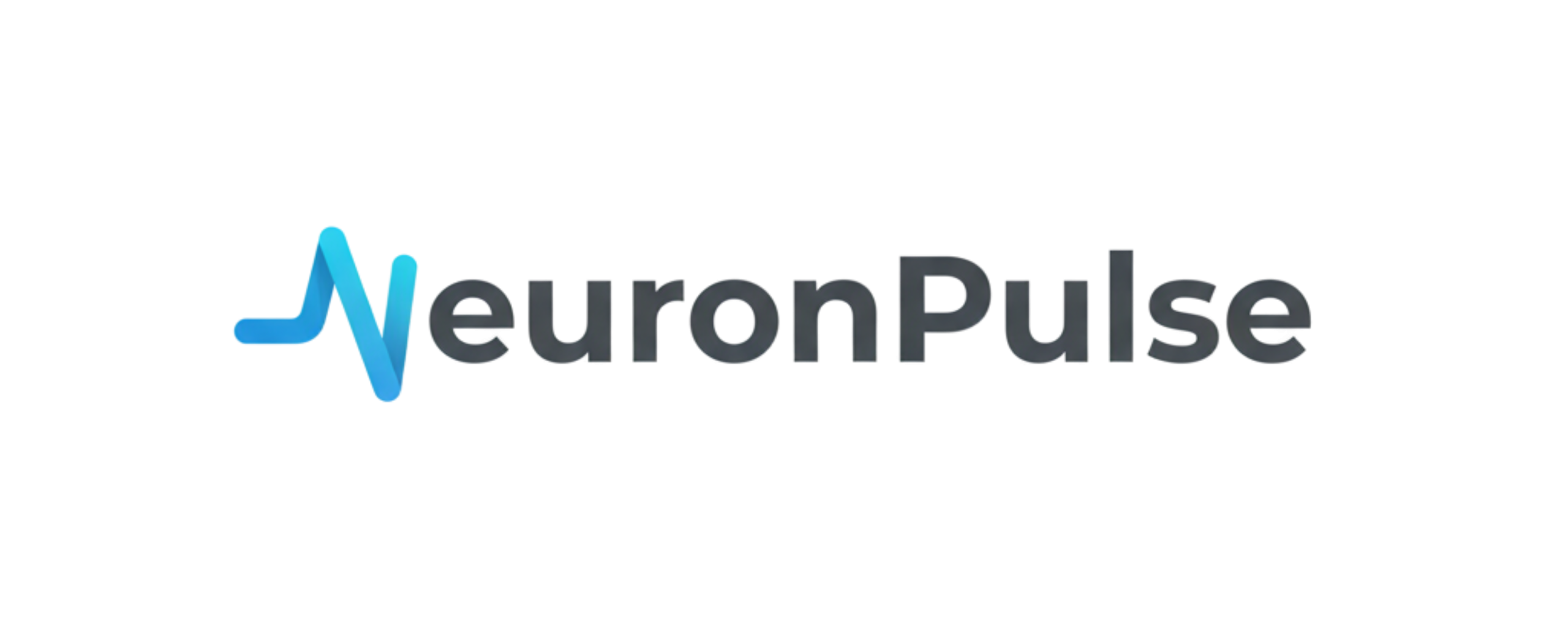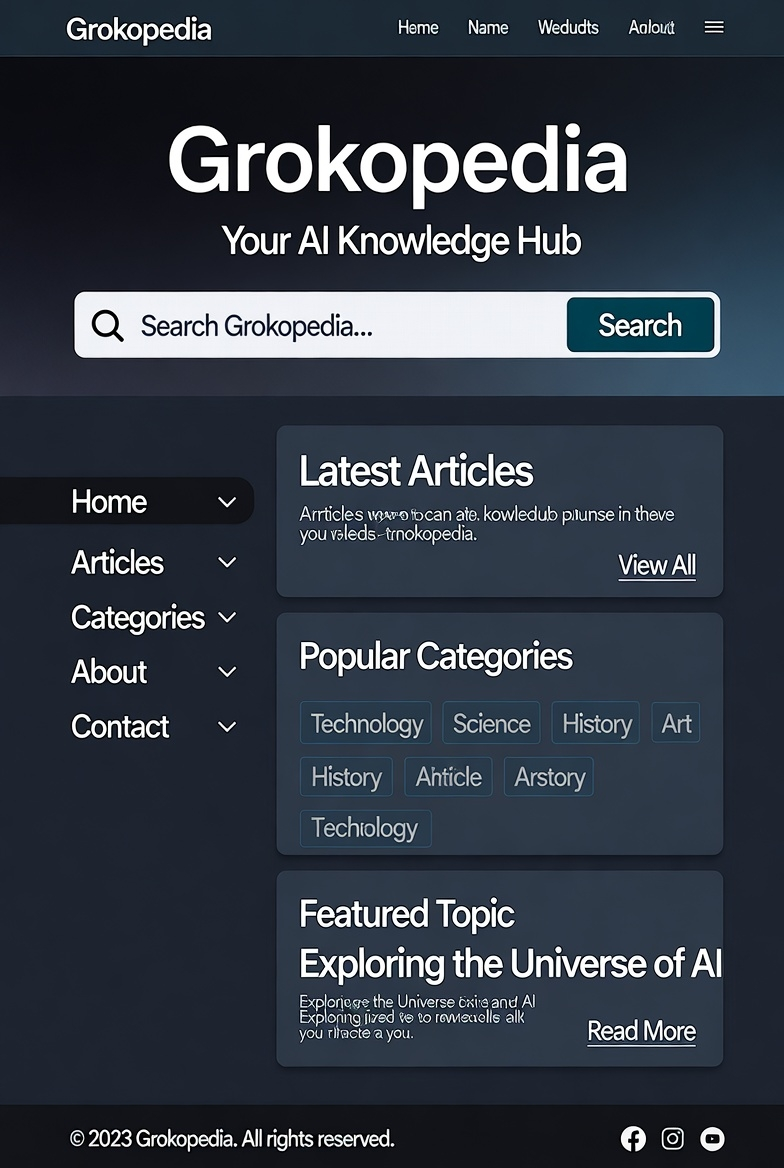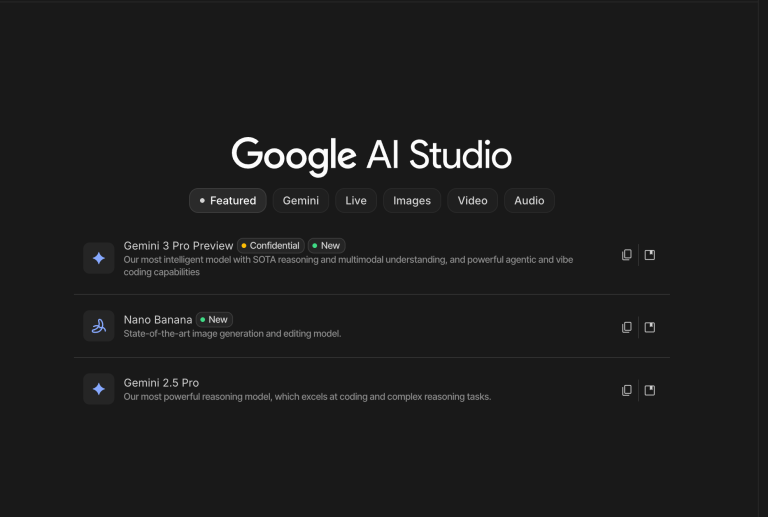What is Grokipedia?
Grokipedia, an AI-powered online encyclopedia from Elon Musk’s xAI, debuted on October 27, 2025, as a dynamic knowledge base with over 885,000 articles. Its defining feature is that all content—from historical accounts to current events—is entirely generated, edited, and fact-checked by the Grok AI model. This advanced AI synthesizes information from web data, X posts, official documents, and academic papers to provide real-time, concise answers. Positioned by Musk as version “0.1” and a direct response to his criticisms of Wikipedia, Grokipedia aims to be an “unbiased” and intelligent search alternative, with Grok’s verifiable judgment dictating user-suggested modifications.
How Does Grokipedia Differ from Wikipedia?
Grokipedia and Wikipedia both aim to deliver encyclopedic knowledge but diverge sharply in creation, governance, scale, and philosophy. Here’s a concise comparison:
| Aspect | Grokipedia | Wikipedia |
|---|---|---|
| Content Creation | Fully AI-generated and fact-checked by Grok; many articles adapted from Wikipedia under Creative Commons licensing, but rewritten for nuance and brevity. | Crowdsourced by human volunteers worldwide; relies on manual editing, debate, and consensus. |
| Scale & Scope | ~885,000 articles; focuses on concise, dynamic entries with real-time updates from diverse sources like X and official data. | Over 7 million English articles; vast but slower to update due to human processes. |
| Editing & Governance | No direct user edits; changes requested via Grok AI, which evaluates for truthfulness. Centralized under xAI. | Open editing by registered users, moderated by community guidelines and admins; nonprofit Wikimedia Foundation oversight. |
| Bias & Neutrality | Marketed as “truth-seeking” to counter Wikipedia’s alleged “left-wing” or “woke” biases (e.g., more detailed on conservative viewpoints like George Floyd’s entry); criticized for right-leaning tones, omissions (e.g., Musk’s controversies), and potential AI hallucinations. | Strives for neutral point of view (NPOV) via reliable sources; accused by Musk of ideological slant, but defended as human-driven and diverse. |
| Accessibility & Features | Free, minimalist interface with AI-powered search; integrates with Grok for contextual insights. | Free, ad-free; supports multiple languages and multimedia, with extensive citations. |
| Criticisms | Relies on Wikipedia for training data; risks propagating errors or Musk-aligned views; early version faced outages and false info claims. | Slow updates, edit wars, and source biases; but praised for transparency and scale. |
Conclusion
Grokipedia essentially represents a bold, AI-centric shift toward automated, “truth-maximizing” knowledge dissemination. Still, it trades Wikipedia’s collaborative depth for speed and centralization—potentially at the cost of objectivity and breadth. As Musk noted, it’s an imperfect but aspirational step forward. For your article, this contrast highlights the evolving tension between human wisdom and machine-curated facts in the AI era



